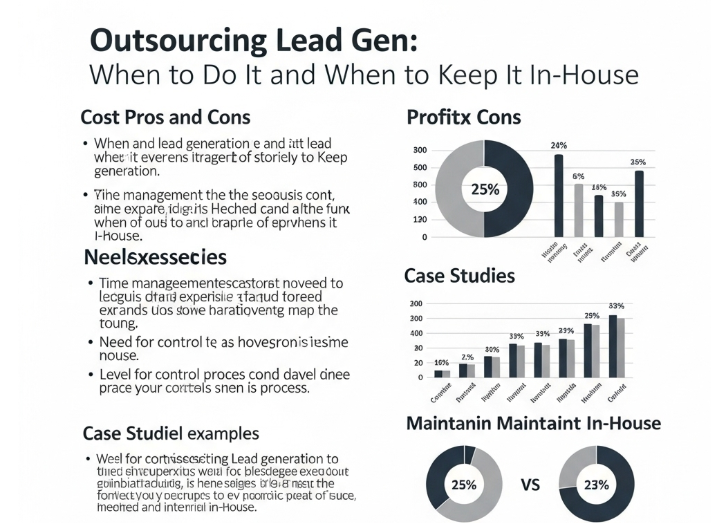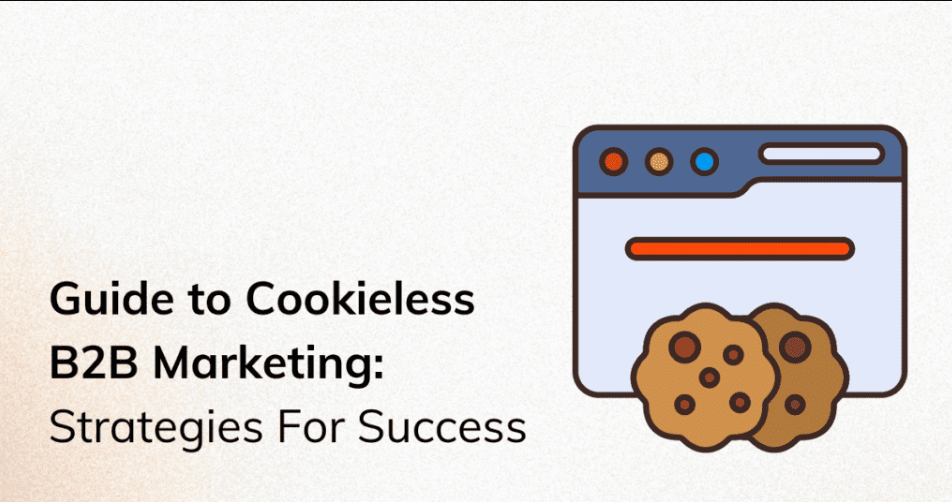Introduction
The future of work is not defined by where employees sit but by how they feel. Engagement, well-being, and professional growth are top priorities for modern enterprises. Intelligent HR tools are helping organizations detect disengagement early, personalize career development, and coach managers to lead with empathy. For B2B organizations, this directly impacts client delivery, innovation, and long-term growth.
Why It Matters for B2B Employers
High turnover disrupts client relationships, increases hiring costs, and drains institutional knowledge. In industries where expertise and continuity are critical, workforce stability is a competitive advantage. Intelligent HR systems provide early warning signals, allowing organizations to address issues before they escalate into resignations.
How Intelligence Enhances HR
- Predictive retention: Systems analyze employee sentiment, collaboration patterns, and performance data to flag at-risk employees.
- Personalized learning: Training programs are customized to individual career paths.
- Real-time engagement monitoring: Dashboards highlight team-level morale and engagement trends.
- Manager coaching: AI-driven simulations help managers navigate tough conversations.
Strategic Recommendations
- Be transparent with employees about what data is collected and how it is used.
- Combine quantitative insights with human judgment to avoid over-reliance on algorithms.
- Align HR analytics with organizational strategy to ensure business impact.
- Train managers to interpret insights with empathy and act proactively.
Risks and Challenges
Privacy concerns can arise if monitoring feels intrusive. Algorithmic bias is also a risk if training data reflects historical inequities. To build trust, organizations must apply governance frameworks and maintain human oversight.
Conclusion
Workforce engagement is no longer a soft metric—it is a driver of performance. By combining intelligence with empathy, HR leaders can create workplaces that attract, retain, and develop top talent. For B2B companies, this translates directly into stronger client outcomes and sustained competitive advantage.






